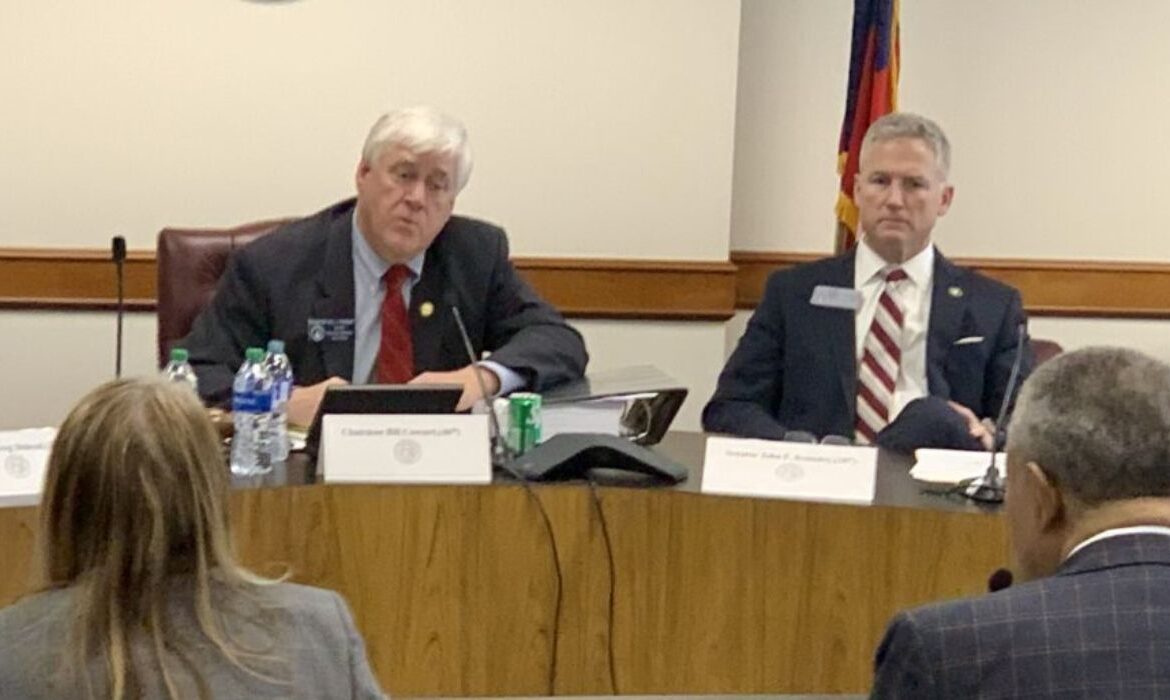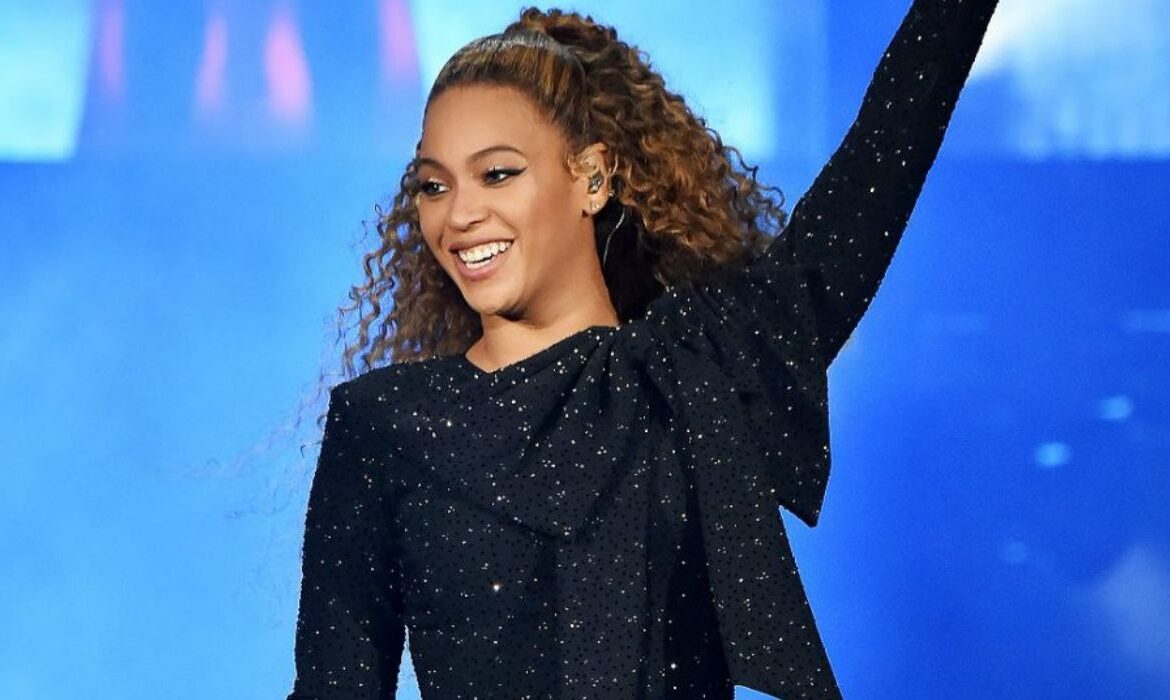Fani Willis Hearing: What It Means for the Justice System and Public Interest
The legal world is buzzing with talks of the Fani Willis hearing, a topic that has grabbed national attention. Whether you’re a casual observer of the news or deeply invested in political and legal affairs, understanding the significance of this hearing is crucial. But why should you care about a legal proceeding involving a district attorney? What implications does it have for the justice system and broader society?
In this article, we’ll break down everything you need to know about the Fani Willis hearing—who Fani Willis is, why this hearing matters, and what it means for you. Let’s dive in and explore the details together.
Who Is Fani Willis?
Fani Willis isn’t just a name making waves in legal circles; she’s a trailblazing district attorney from Georgia with a reputation for taking on high-profile cases. As the first African American woman to serve as Fulton County’s district attorney, her legal career has been defined by tough cases, relentless pursuit of justice, and an unwavering commitment to the rule of law.
But what has recently thrust her into the national spotlight?
Why Is Fani Willis in the Spotlight?
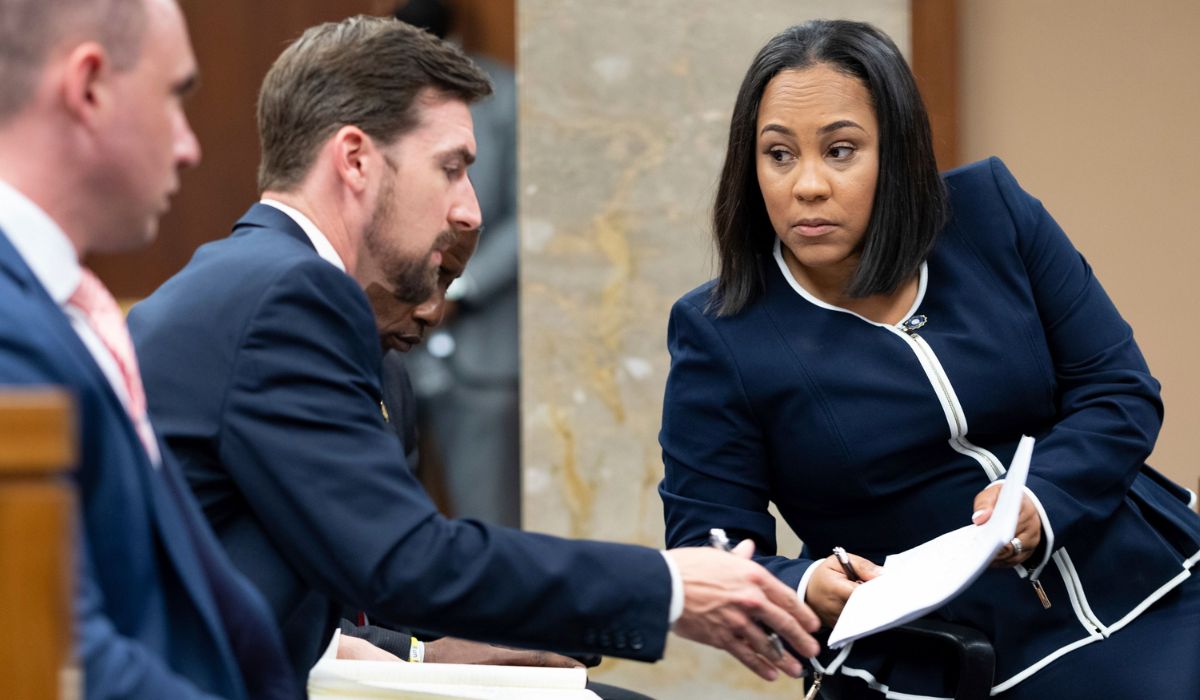
Fani Willis gained national attention for her involvement in one of the most significant legal battles in recent history: the investigation into potential election interference. Her office led a grand jury investigation focusing on whether certain political figures illegally attempted to alter the outcome of the 2020 presidential election in Georgia.
The results of this investigation are now at the center of the Fani Willis hearing, which has drawn widespread media coverage and public interest.
Background of the Fani Willis Hearing
The Fani Willis hearing stems from her decision to pursue legal action against individuals allegedly involved in attempts to overturn the 2020 election results. These hearings serve as a critical step in determining whether charges should be brought forward and whether these allegations hold enough weight to proceed to trial.
In legal terms, a hearing of this nature involves both the presentation of evidence and arguments from legal representatives. While hearings may seem routine, the stakes in this particular case are much higher due to the involvement of high-profile figures.
The Legal and Political Stakes
The Fani Willis hearing isn’t just another legal proceeding—it’s a flashpoint in the intersection of law, politics, and public opinion. The case involves potential criminal activities by individuals in positions of power, raising questions about the integrity of the electoral process, the rule of law, and accountability.
The outcome of this hearing could have far-reaching consequences, not just for those directly involved but also for how future legal challenges to elections are handled. Are we setting a precedent for holding public figures accountable, or are we opening the door to politically motivated prosecutions?
What Happens in a Hearing Like This?
A hearing like the one involving Fani Willis involves multiple stages, each crucial to determining whether the case will move forward. Typically, the judge will listen to opening statements, review presented evidence, and allow for witness testimony if applicable.
In many ways, it’s like a high-stakes chess game where every move counts. The defense and prosecution will strategically present their sides, hoping to sway the judge’s decision. It’s in these moments that the true weight of the case is revealed.
Key Moments in the Fani Willis Hearing
Several key moments have already marked the Fani Willis hearing, from the presentation of grand jury findings to fiery exchanges between lawyers. Each development sheds light on the complexity of the case and the potential challenges ahead.
One of the pivotal moments was when evidence allegedly showing efforts to manipulate election results was brought forward. The public’s reaction to these developments has been swift, with some expressing concern about the future of democratic processes.
Public Reactions: Divided Opinions

Unsurprisingly, public opinion surrounding the Fani Willis hearing is divided. On one hand, supporters argue that Willis is taking a stand for justice, ensuring that no one—regardless of their status—is above the law. On the other hand, critics suggest that the hearing is politically motivated and question whether the case is being fairly pursued.
This division in public opinion highlights a broader issue in today’s political climate: the growing distrust in legal and political institutions.
Media Coverage and Its Influence
The media has played a crucial role in shaping the narrative around the Fani Willis hearing. From mainstream outlets to social media platforms, coverage has been both extensive and, at times, polarizing.
But how much of what we hear is truly factual? It’s important to critically evaluate the information presented to us, understanding that media outlets may have their own biases or agendas. The media’s role in this case is similar to that of a magnifying glass—making every development feel larger and more significant than it might otherwise appear.
Implications for the Justice System
What does this hearing mean for the American justice system? The Fani Willis hearing is a clear example of how the law is not isolated from politics. It raises important questions about the independence of legal processes and the pressures that come with handling cases involving public figures.
Moreover, it will test the system’s ability to deliver justice impartially in a highly charged political environment. If the case moves forward, it could set important legal precedents, particularly in how election-related crimes are prosecuted in the future.
What This Hearing Means for Future Cases
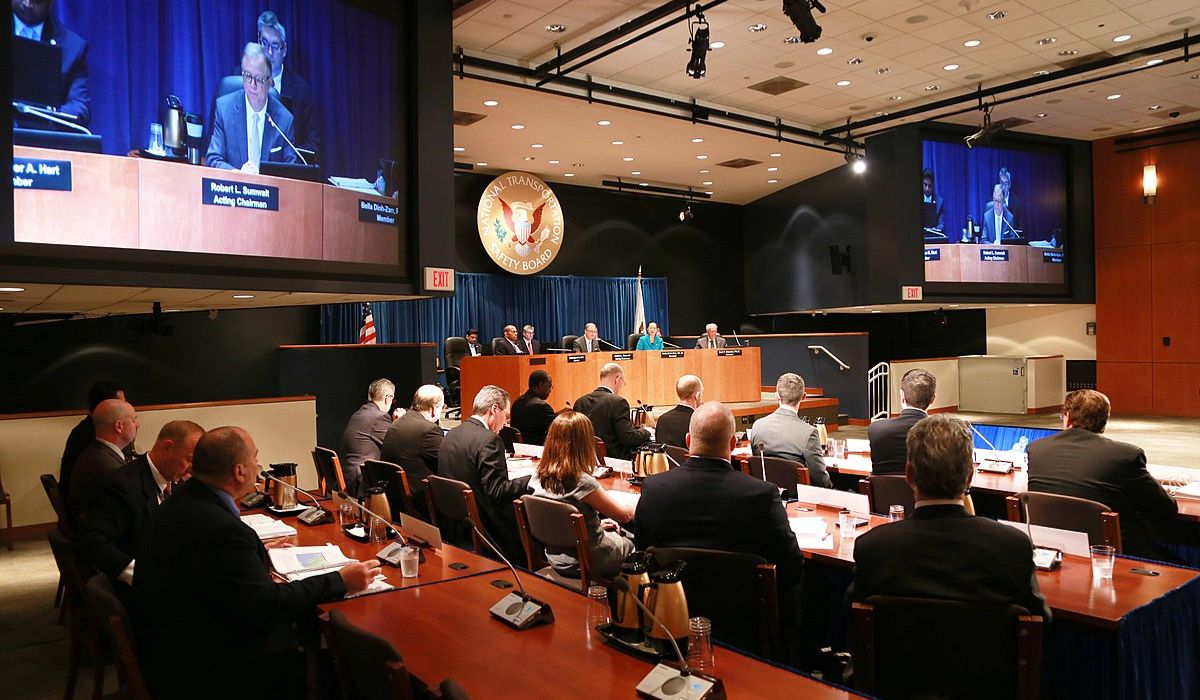
The outcome of the Fani Willis hearing could influence how similar cases are handled in the future. If her office succeeds in bringing charges against those involved, it could open the door for more rigorous investigations into election-related crimes. Conversely, if the case falls apart, it might discourage future prosecutors from taking on politically sensitive cases.
In many ways, the stakes of this hearing extend far beyond the courtroom. It’s a bellwether for how the country will approach legal accountability for public figures moving forward.
Conclusion
The Fani Willis hearing is not just another legal proceeding—it’s a reflection of the complex intersection of law, politics, and public opinion in America today. As the case continues to unfold, it will be crucial to watch how the legal system handles such high-profile and politically charged allegations.
This case serves as a reminder that, at its core, the law is about justice. Whether you believe the hearing is a necessary step toward accountability or view it as a politically motivated maneuver, one thing is certain: the outcome will have far-reaching implications for the future of democracy and the rule of law.
FAQs
Who is Fani Willis?
Fani Willis is the district attorney of Fulton County, Georgia, known for her role in high-profile cases, including the investigation into 2020 election interference.
Why is the Fani Willis hearing significant?
The hearing is significant because it involves allegations of election interference by high-profile figures, with potential implications for the justice system and democracy.
What are the legal stakes in the Fani Willis hearing?
The legal stakes are high, as the hearing could set a precedent for how election-related crimes are prosecuted in the future, and whether public figures will be held accountable.
How has the public reacted to the hearing?
Public opinion is divided, with some supporting the hearing as a stand for justice, while others view it as politically motivated.
What role does the media play in the Fani Willis hearing?
The media has shaped public perception of the case, often amplifying key moments and fueling debate over the hearing’s political and legal implications.
For More More Visit, Ucdigitals
Is Beyoncé Overrated? Examining the Icon’s Fame and Legacy
Beyoncé is undoubtedly one of the biggest names in the music industry, but her fame has sparked endless debates. Some argue she’s the epitome of talent, while others feel her reputation overshadows her actual contribution to music. But what makes people question her influence, and is it fair to label Beyoncé as “overrated”? Let’s delve into her artistry, influence, and the mixed perspectives surrounding this global superstar.
Introduction to Beyoncé’s Fame
Beyoncé’s fame is almost unmatched in today’s music industry. She’s achieved success not only as a singer but also as a cultural icon. However, this level of recognition often leads people to wonder if her acclaim is truly deserved or if her popularity is inflated. How much of her fame is based on talent, and how much is due to the allure of her brand?
The Rise to Stardom

Beyoncé’s journey to stardom began as part of Destiny’s Child, one of the best-selling girl groups of all time. From there, her solo career skyrocketed, propelled by hits like “Crazy in Love” and “Single Ladies.” Her rise was fueled by a combination of talent, hard work, and an undeniable stage presence that captured the world’s attention.
Her Musical Prowess
There’s no denying Beyoncé’s musical talent. With her powerful vocals, impressive range, and ability to convey emotion, she’s crafted an array of memorable songs across different genres. Yet, critics argue that her music sometimes lacks depth or originality, questioning whether she consistently innovates or relies on familiar formulas.
Beyoncé’s Cultural Influence
Beyond music, Beyoncé has become a cultural force, influencing fashion, beauty, and even social movements. Her performances and music videos often reflect themes of empowerment, love, and resilience, resonating with fans worldwide. However, some feel her influence has more to do with her celebrity status than the substance of her work.
The Power of Branding
Part of Beyoncé’s success can be attributed to exceptional branding. Her image is meticulously crafted, from her carefully curated social media presence to her surprise album releases. While some admire this strategy as genius marketing, others feel it adds to the perception of her being “overrated,” as it places focus on image over artistry.
Is Beyoncé’s Popularity Justified?
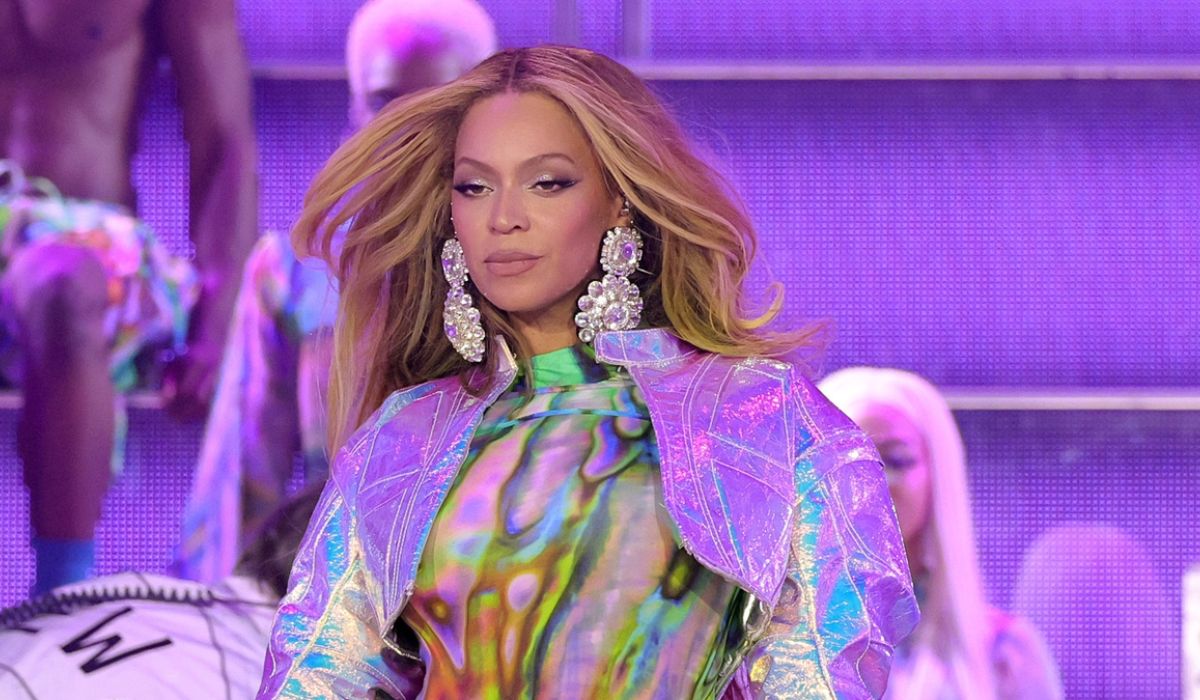
The question of Beyoncé’s popularity is a polarizing one. Fans argue that her dedication and influence make her deserving of all the praise, while skeptics believe her fame is disproportionate to her talent. This debate often centers on whether Beyoncé’s skill set genuinely distinguishes her from other artists or if the hype amplifies her success.
Examining Her Vocal Talent
Beyoncé’s voice is undeniably powerful, with a unique timbre and emotional intensity. Yet, she has her detractors who argue that while she is skilled, her vocal ability doesn’t surpass that of other legendary singers like Whitney Houston or Aretha Franklin. This comparison raises questions about whether her voice alone warrants her level of acclaim.
Her Role in Destiny’s Child
Destiny’s Child was a formative part of Beyoncé’s career, helping her establish herself in the industry. However, her eventual move to go solo sparked criticism from those who felt she eclipsed her group members. Was this rise inevitable, or did it unfairly capitalize on her former group’s success?
Impact on Feminism and Activism
Beyoncé is often seen as a symbol of empowerment, especially for women of color. Songs like “Run the World (Girls)” and albums like Lemonade touch on themes of resilience and self-worth. However, critics argue that her feminist message is sometimes commercialized, raising questions about the authenticity of her activism.
Criticism from Industry Insiders
Throughout her career, Beyoncé has faced criticism from industry insiders who question her originality and creativity. Some argue that her success is due to a talented team of writers, producers, and choreographers. Is she a visionary artist in her own right, or is she a product of expert curation?
Awards and Achievements
With numerous Grammy Awards and other accolades, Beyoncé’s achievements are staggering. However, some feel that the sheer volume of her awards is influenced by her popularity and industry influence, rather than purely on merit. Is she awarded for her talent or because of the prestige associated with her name?
Is Beyoncé a Marketing Machine?
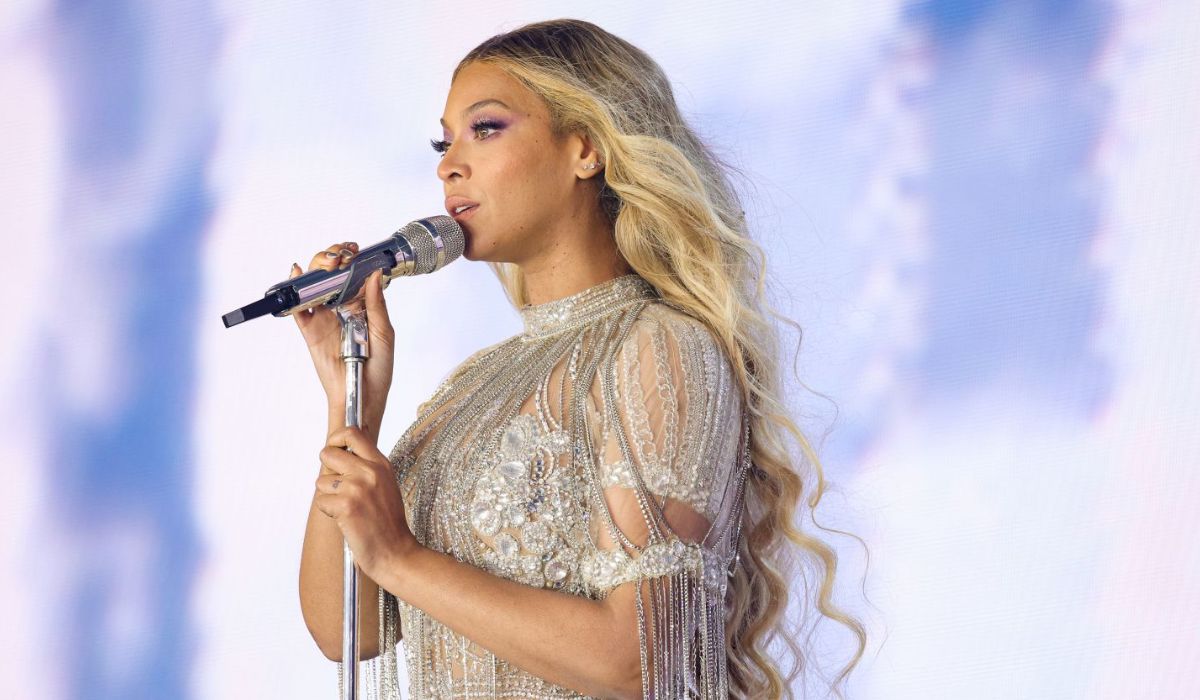
Beyoncé’s career is a masterclass in marketing. From surprise album drops to brand collaborations, her team’s marketing prowess is undeniable. Some view this as strategic genius, while others see it as evidence that her career is more about maintaining relevance than artistic authenticity.
Artistic Growth and Experimentation
Beyoncé has demonstrated growth by experimenting with different musical styles, especially in albums like Beyoncé and Lemonade. These works showcase her willingness to explore new sounds and personal themes. However, some argue that her experimental works only gained acclaim because of her established reputation.
Her Influence on Younger Artists
Beyoncé has inspired a generation of artists, from Tinashe to Chloe x Halle, who credit her for paving the way. This influence is a testament to her success, yet some wonder if her impact is magnified due to her fame, making it difficult to distinguish her genuine legacy from the allure of celebrity.
15. Conclusion: Overrated or Rightfully Iconic?
Whether Beyoncé is overrated or truly iconic is a matter of perspective. Her undeniable talent, immense influence, and savvy branding have cemented her place in pop culture. Yet, for some, the adoration she receives feels disproportionate. Ultimately, Beyoncé’s legacy will be defined not just by her music but by the debates she inspires.
Frequently Asked Questions (FAQs)
1. Why do some people consider Beyoncé overrated?
Some feel Beyoncé’s fame is inflated by her brand, while others believe her popularity overshadows other equally talented artists.
2. What are Beyoncé’s biggest achievements?
Beyoncé has won multiple Grammy Awards, achieved numerous chart-topping hits, and influenced fashion, culture, and social movements worldwide.
3. How has Beyoncé influenced feminism?
Beyoncé promotes empowerment themes, especially for women of color, in her music and performances, but some argue her activism is commercialized.
4. Does Beyoncé write her own songs?
While Beyoncé is involved in her music creation, she collaborates with writers and producers who contribute significantly to her sound.
5. Is Beyoncé more famous for her music or her brand?
Beyoncé’s fame is a blend of her music, strategic branding, and cultural influence, making it challenging to separate the two.
For More More Visit, Ucdigitals

